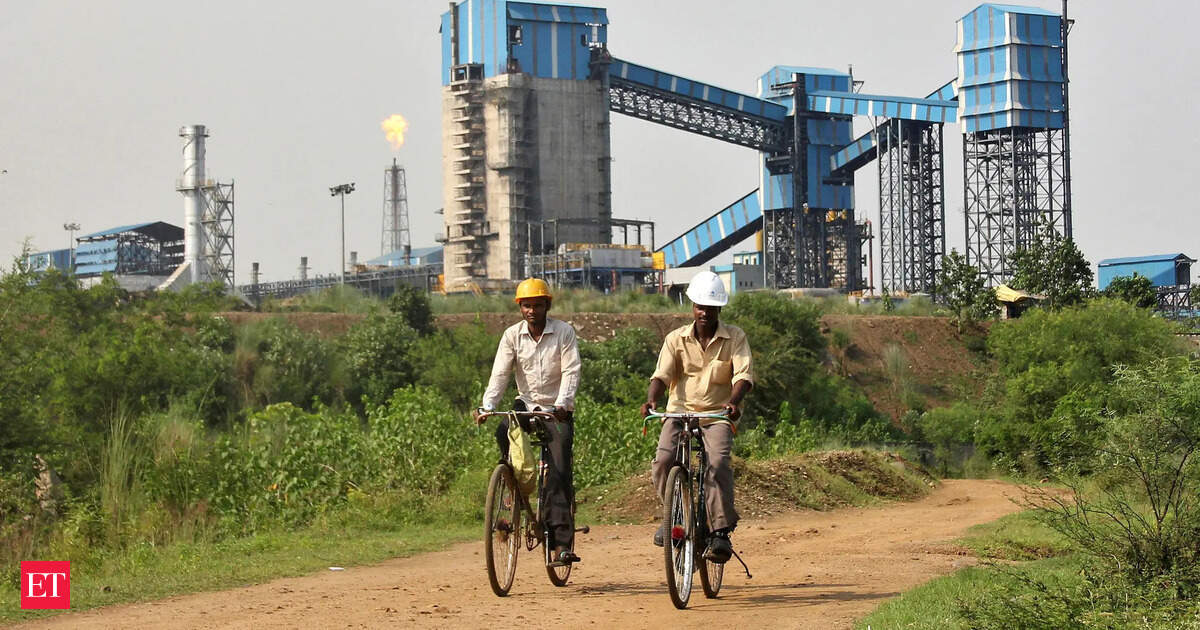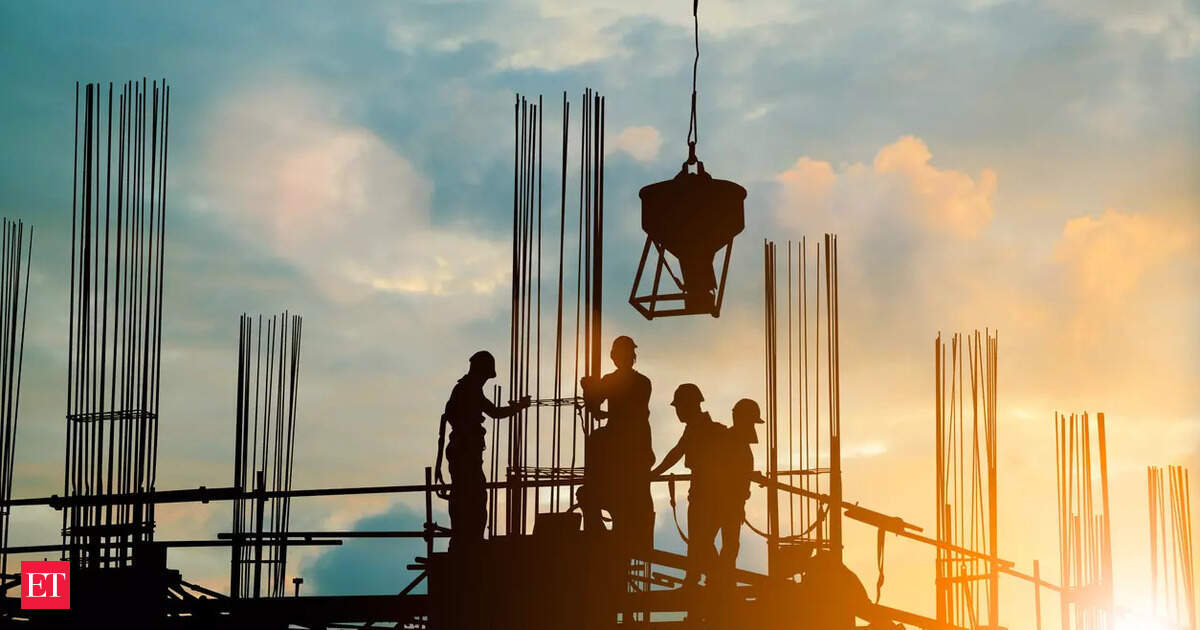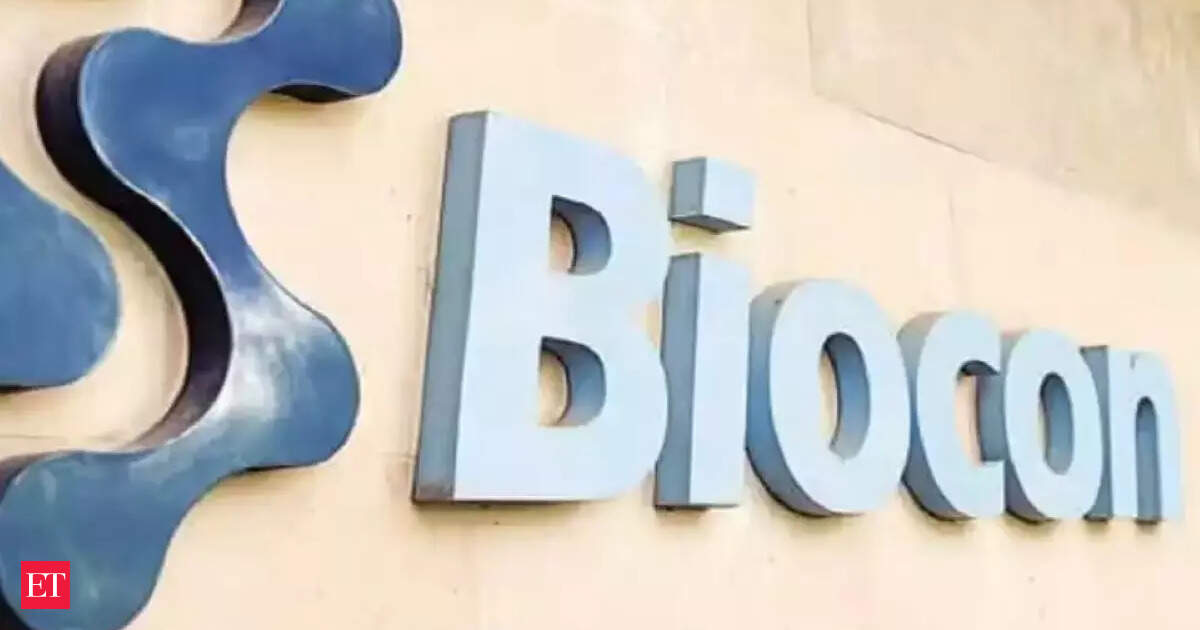The petition challenges the top court’s May 2 verdict that set aside JSW Steel’s resolution plan and ordered liquidation of BSPL under the Insolvency and Bankruptcy Code (IBC).
A bench led by Chief Justice B R Gavai, along with Justice K Vinod Chandran, heard the mention by senior advocate Vikas Singh, who appeared for BSPL’s former promoters. The petitioners include Sanjay Singhal and his family, father Brij Bhushan Singal and brother Neeraj Singal.
Singh submitted that the liquidation value assigned to BSPL’s assets was “very low” and warned that any remaining liabilities could fall on the former promoters. Urging an open court hearing, Singh said the matter warranted further judicial scrutiny beyond the standard in-chamber review.
“Let me constitute a bench,” the Chief Justice said in response. Typically, review petitions are decided in judges’ chambers without oral arguments.
The Supreme Court’s May 2 judgment, delivered by a bench of Justice Bela M Trivedi (since retired) and Justice Satish Chandra Sharma, criticised multiple entities involved in BSPL’s insolvency process, including the resolution professional, the Committee of Creditors (CoC), and the National Company Law Tribunal (NCLT). “Having thoroughly examined the entire matter factually and legally, we arrive at the following irresistible conclusions: the resolution professional had utterly failed to discharge his statutory duties contemplated under the IBC and the CIRP regulations during the course of the entire CIR proceedings of the corporate debtor, BPSL,” the bench had said. The ruling further stated that the CoC “failed to exercise its commercial wisdom while approving JSW’s resolution plan, which was in absolute contravention of the mandatory provisions of the IBC and CIRP regulations.”
The court described the process as a “flagrant violation” of the IBC and held that the conduct of all key stakeholders, including successful resolution applicant JSW Steel, did not align with the objectives of the insolvency law.




